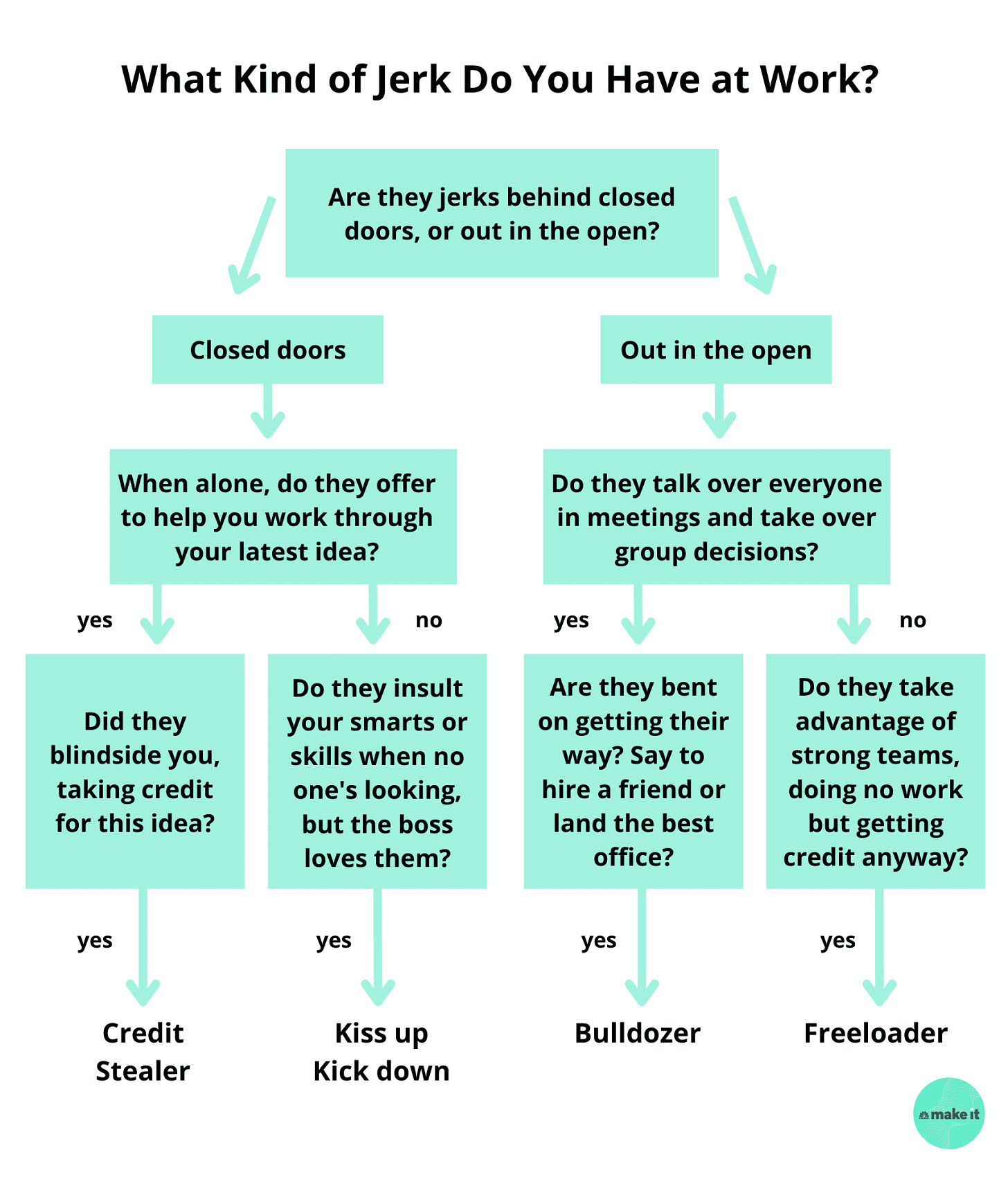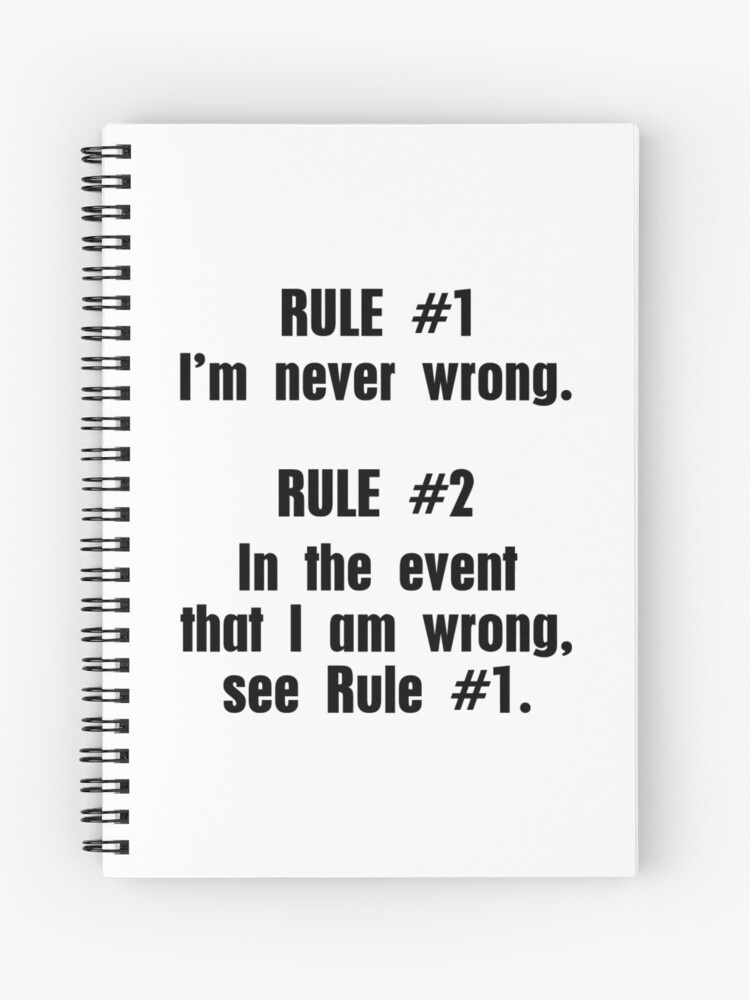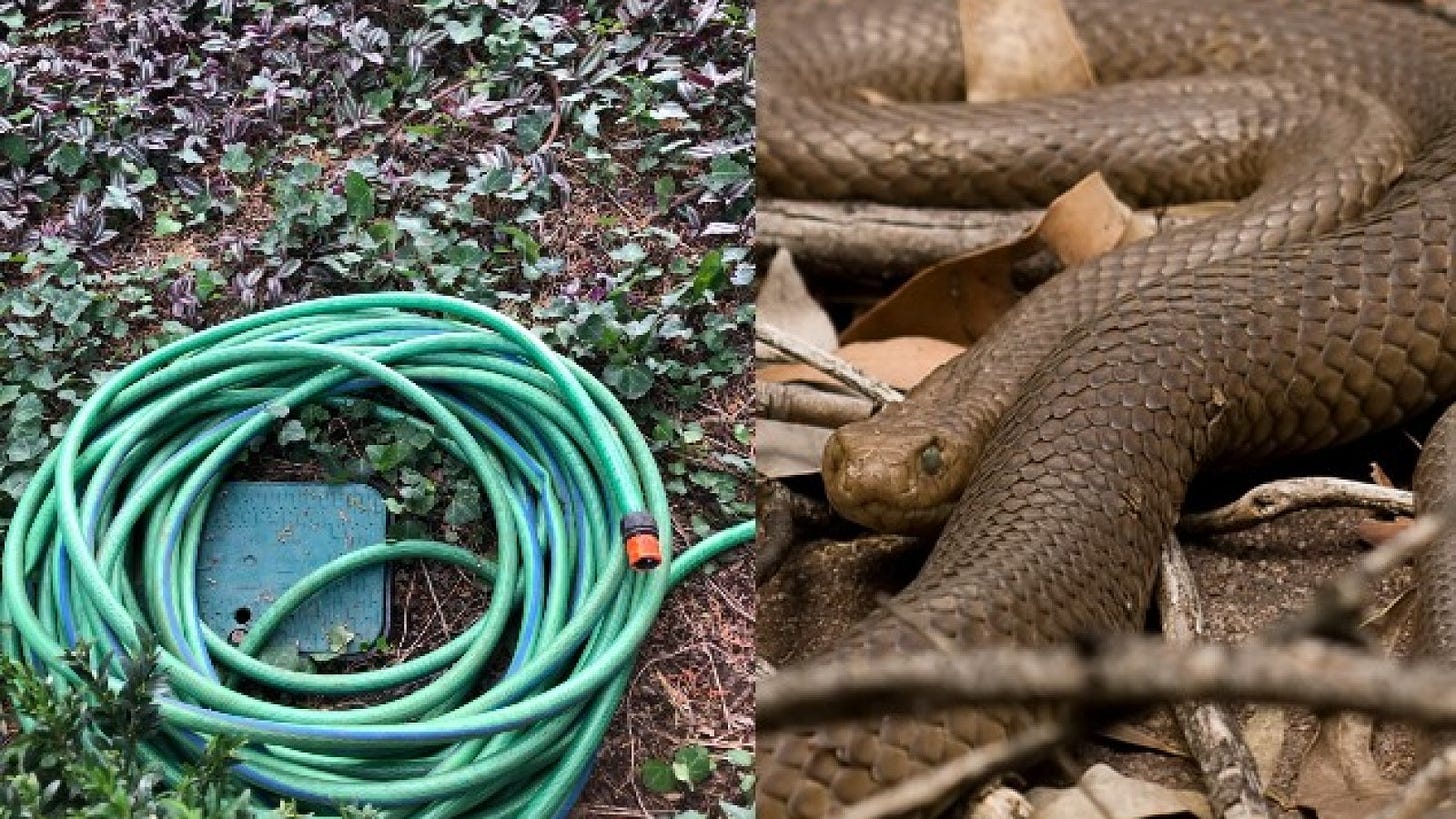How to entertain the possibility that your opinion might be wrong
In which we salute the memory of Carl Sagan and repurpose a powerful idea for getting to the real facts
Carl Sagan, the famous US scientist who helped spread knowledge via his research, writings and with his Cosmos TV show1, died over 25 years ago2 but he has lessons left behind, like artifacts we can examine to learn important things about our universe.
Sagan taught us a lot about the stars and the enormous universe that surrounds us but he also had some significant things to say about the role of science in society, politics and the life of the individual.
His book The Demon-Haunted World: Science as a Candle in the Dark is particularly useful today where both politics, business, religions, governments and other forces have clashed to create doubt about what we do and don’t know about the world: controversies over vaccination and public health measures during the time of COVID-19 are prime examples.
If you’ve never checked out Maria Popova’s excellent website The Marginalian 3, a thoughtful ongoing curation of the best of art, philosophy and other writings, here’s an excellent opportunity to kill two birds with one stone. Maria created an excellent summary of a key chapter The Demon-Haunted World to prime your interest, talking about Sagan’s concept of a “Baloney Detection Kit”. I encourage you to read her article and then Sagan’s book.
Bologna detected!
What is a Baloney Detection Kit? Put simply, it’s a checklist of tests about any supposed fact or assertion that you can use to determine whether it’s factual or at least plausible. As taken from The Marginalian, the Kit can be summarized by the following questions or points of analysis (Maria calls them tools). I’ve summarized the tools below:
Independent confirmation of “facts.”
Encourage substantive debate on the evidence by knowledgeable proponents of all points of view.
Don’t give the opinion of authorities too much weight - they are often wrong.
Spin more than one hypothesis.
Try not to get overly attached to a hypothesis just because it’s yours.
Quantify: use numbers whenever possible
If there’s a chain of argument, every link in the chain must work (including the premise) — not just most of them.
Occam’s Razor: when faced with two hypotheses that explain the data equally well, choose the simpler.
Always ask whether the hypothesis can be, at least in principle, falsified.
To be blunt, this is a lot of work that most of us aren’t equipped to do, nor do we have the time or training to use these tools in many scenarios. While this level of scrutiny and validation would be expected for things like validating the existence of a black hole or determining whether or not an object speeding through our solar system is a part of an alien spaceship (see the case of ʻOumuamua)4, there are limits to what most people can do to support day-to-day decisions.
Activities like determining whether or not getting vaccinated, washing your hands for 20 seconds at a time, and wearing a properly constructed and fitted mask will prevent you from COVID-19 are beyond the individual’s ability to research themselves without incurring unknown risk through trial and error. And so, like with other public health measures, our first instinct would be to rely on experts who can do the legwork for us.
I think it’s fair to say that there are mixed opinions about how well this has gone globally. It’s not my intent to dig into THAT debate.5
Instead, let’s consider two of the items in the toolkit to see if they can be applied in our everyday lives.
4. Spin more than one hypothesis.
Let’s say you’re at a deli and you want to buy some bologna. When you finally get to the counter, imagine that the clerk is brusque, dismissive and barely seems to acknowledge that you are in fact a human being worthy of being their customer. You angrily pay for your product and storm out - or, depending on your mood, you may storm out and try to find a different deli. Or buy hot dogs instead.
Your gut reaction may be to dismiss the clerk as a misanthrope, a naturally sour person. But consider the following hypotheses as to why they treated you so badly:
They might be about to be evicted from their home.
Their partner may be dying or dead.
They are having intense gall bladder pain.
You remind them of a terrible customer who treated them poorly.
They had a fight with their parents.
Their kid got kicked out of school for fighting.
They are worried about a tax audit.
They haven’t eaten properly in days and are suffering from poor blood sugar.
While these hypotheses don’t justify bad behavior, one of them could turn out to be the real reason why the clerk is rude.
IDEA: Instead of storming out or being rude back to the clerk, you could try to see the situation from a different point of view and keep your own cool.
5. Try not to get overly attached to a hypothesis just because it’s yours.
Intuition - aka a gut feeling about something - is tricky. Our minds work at both conscious and unconscious levels and our brains are capable of viewing a situation and making a quick decision (or reaction) to it without conscious thought. It’s a survival skill that our ancestors may have needed to avoid predators or other dangers in their environments. Gut feelings are hard to ignore.
Gut feelings can be wrong. Gut feelings may be driven by childhood experiences, by socialization, or by false threats. Gut feelings can make you have a heart attack in your shed when you mistake a garden hose for a snake.
Gut feelings can be rooted in fear, in hatred, in prejudice. And they can be rationalized after the fact.
Worst of all, pride can wrap itself around an opinion that you’ve formed. If it’s an opinion that resonates with your personal identity, your concept of who and what you are, it’s very challenging for some people to abandon their position, even when they see evidence to the contrary.
IDEA: where possible, treat your gut feelings and quickly formed opinions as possibilities, not facts, until you are able to prove that you’re right. And don’t just wait for a simple proof to feed any confirmation bias that’s taken root in your brain. For example, if you see a single individual committing a crime or misdemeanor, don’t immediately assign a negative opinion to everyone of their ethnicity or economic class. Looking again at the deli clerk example, don’t attribute their rudeness to other people who are superficially like them; you’ll most likely be wrong.
For example: when someone tells you they are Canadian, don’t immediately assume that they like beer, hockey, poutine, maple syrup and live in an igloo.6 If you meet someone from New Brunswick, don’t assume they are a herring choker7, no matter what the “common wisdom” suggests.
When the stakes are high and you’ve got some time to check your opinion, it’s always a good idea to do so.
There’s a lot more wisdom to explore in The Demon-Haunted World - seek it out and give it a read. Critical thinking skills are becoming increasingly important today and this is a good resource to help keep them sharp.
A remake was hosted by Neil DeGrasse Tyson.
Carl Edward Sagan (November 9, 1934 – December 20, 1996)
Formerly known as Brain Pickings.
Great name, by the way.
Maybe later.
To be fair, there’s probably at least one Canadian that is all of those things. But they’d rather you left them alone.
Supposedly people from New Brunswick (CANADA) are called herring chokers. I don’t get it. I’ve lived in NB all of my life and I’ve never heard the phrase used out loud.









This is a great article and Sagan was a pretty good human being. I'm glad I found your stack through the collaboration thread.
It is hard to imagine any of these principles being much used or encouraged today, particularly in the universities. Which brings up a crucial factor that any advice on critical thinking should include: be brave. Critical thinking can and will get you ostracized by the tribe, particularly today. It can lose you friends. It can lose you your livelihood. It can result in your being hounded and threatened. None of these other principles, sound as they may be, will avail you anything unless you have the courage to stick to them.